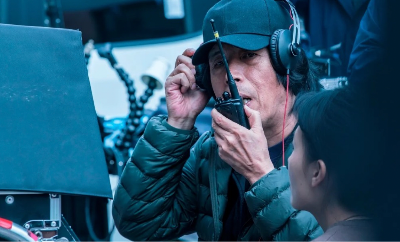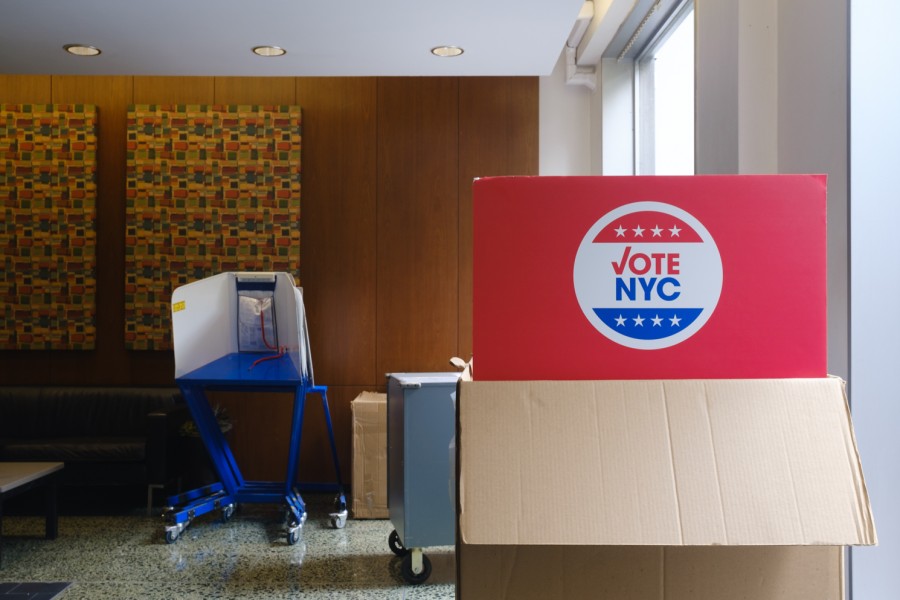Personal Attacks Dumb Down Political Discourse
October 24, 2016
It’s no secret that American politics are becoming increasingly polarized, with moderates slowly disappearing as Democrats shift further left and Republicans shift further right. As a result, animosity between liberals and conservatives is on the rise. A clear example of this can be seen in our presidential debates, in which the candidates seem to focus more on undermining each other’s credibility than discussing policies — and in some instances, literally throwing insults. This shift towards politicians attacking each other as opposed to attacking issues has its consequences, ones that today’s young voters must face. The increased polarization of American politics is an issue, especially when its effects include increased political inactivity and unproductive discussions that lead to no progress.
When presidential candidates continue to attack each other, voters begin to focus on who they personally like more instead of whose issues they agree with the most. This is alarming, especially when the current two candidates are both viewed as very untrustworthy. Though some voters have begun to look further into third-party candidates as alternatives, others, dissatisfied with their options, choose not to vote at all. Such voters include a handful of Bernie Sanders supporters, comprised of primarily young voters. But when the youth — especially college-aged voters, known already for their political inactiveness — feel deterred from voting, an entire portion of the population is not represented in American politics. Young voters, disenchanted with the state of politics, are choosing to pass when it’s their turn and wonder why they are still discontented with the political game.
In addition, with a decrease in the focus on issues and an increase in combativeness, animosity brews, with Republicans and Democrats both believing the other to be immoral, close-minded and lazy. When we can’t have an educated discussion without turning to ad hominem arguments, polarization will continue to create an increase in partisanship. By resorting to attacking each other rather than trying to understand each other’s point of view and educating each other, we lose the potential of progress in our politics. Today’s youth is on its way to becoming tomorrow’s politicians, but unproductive discussions, whether they be inside or outside the classroom, will end up passing on Congress’s gridlock to the next generation as well.
Today’s youth, by choosing not to participate, are ultimately going to grow up in a world that they did not vote for. We need to take a step back and reevaluate the issues. We need to learn to have open discussion, one in which judgment is not cast upon those on the other side of the political spectrum, because otherwise, we’ll be no better than the do-nothing Congress we see today.
Opinions expressed on the editorial pages are not necessarily those of WSN, and our publication of opinions is not an endorsement of them.
A version of this article appeared in the Monday, October 24th print edition. Email Veronica Liow at [email protected].













































































































































